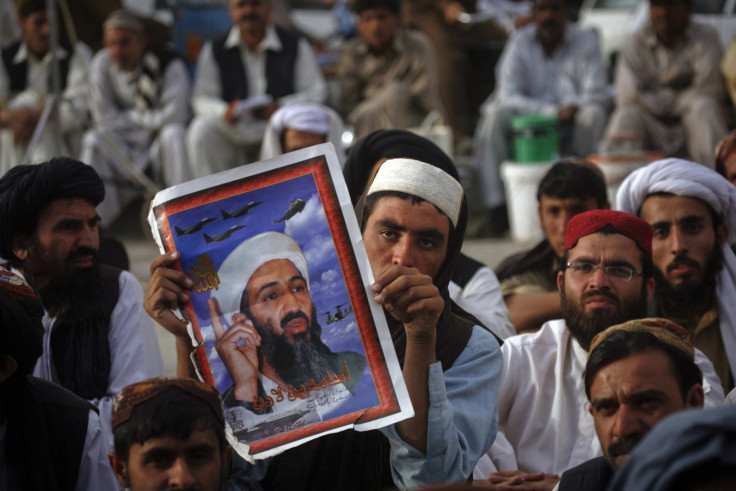US 'preoccupation with Isis' is allowing al-Qaeda to spread in South Asia
Security expert Bruce Hoffman said India was an important target for the terror group.

America's focus on combating the Islamic State (Isis) is allowing other terrorism groups to spread across different parts of the world, experts believe. Speaking to the members of the US House Armed Services Committee, Bruce Hoffman, director of the Center for Security Studies at Georgetown University expressed concerns that al-Qaeda is now targeting the Indian Subcontinent to expand its presence.
"I think that it's taken advantage of our preoccupation with Isis to rebuild its strength, particularly in South Asia, where, again, almost completely escaped notice when they created al-Qaida in the Indian Subcontinent which was designed simultaneously to reinvigorate its presence in Afghanistan," Hoffman told committee chairman, congressman Mac Thornberry earlier this week.
He surmised that the terrorist organisation "had been preparing to spread its ideology to India", a country that has the second-largest population of Muslims in the world. "We already see its effectiveness in Bangladesh and in Burma (Myanmar)."
In his opening remarks at the hearing on The Evolving Threat of Terrorism and Effective Counter-terrorism Strategies, Thornberry acknowledged the same. "Al Qaeda has not gone away, despite its lower profile in the news, and in fact, some believe that it is rebuilding its capacity for attacking the West," he said.
Pointing to India's neighbour Pakistan as being the "home" of al-Qaeda central, Michael Sheehan from the Combating Terrorism Center, West Point, said that the country's Federally Administered Tribal Areas (Fata) were major terrorism hubs. "They're the ones that blew up our embassies in Africa, at least an African arm of that, blew up the Cole in - in Yemen, an arm of the al-Qaida central and are the people that are responsible for 9/11. They reside in Pakistan. Some of them are floating back in Afghanistan but it's difficult for them to operate in Afghanistan because we own the terrain around Afghanistan," he explained.
"In Pakistan, in Western Pakistan, it's interesting. We haven't had soldiers there in over 10 years, yet we continue to diminish and degrade the capability of Al Qaida central to reach us strategically. I worry about this all the time, that without that presence there and the Pakistani army isn't in there very often either. Once in a while they come rumbling through, but that's not really that effective," Sheehan said, adding that for a variety of political reasons, the US is unable to put troops on the ground there and is required to find alternative solutions to diminish al-Qaeda in Pakistan.
© Copyright IBTimes 2024. All rights reserved.






